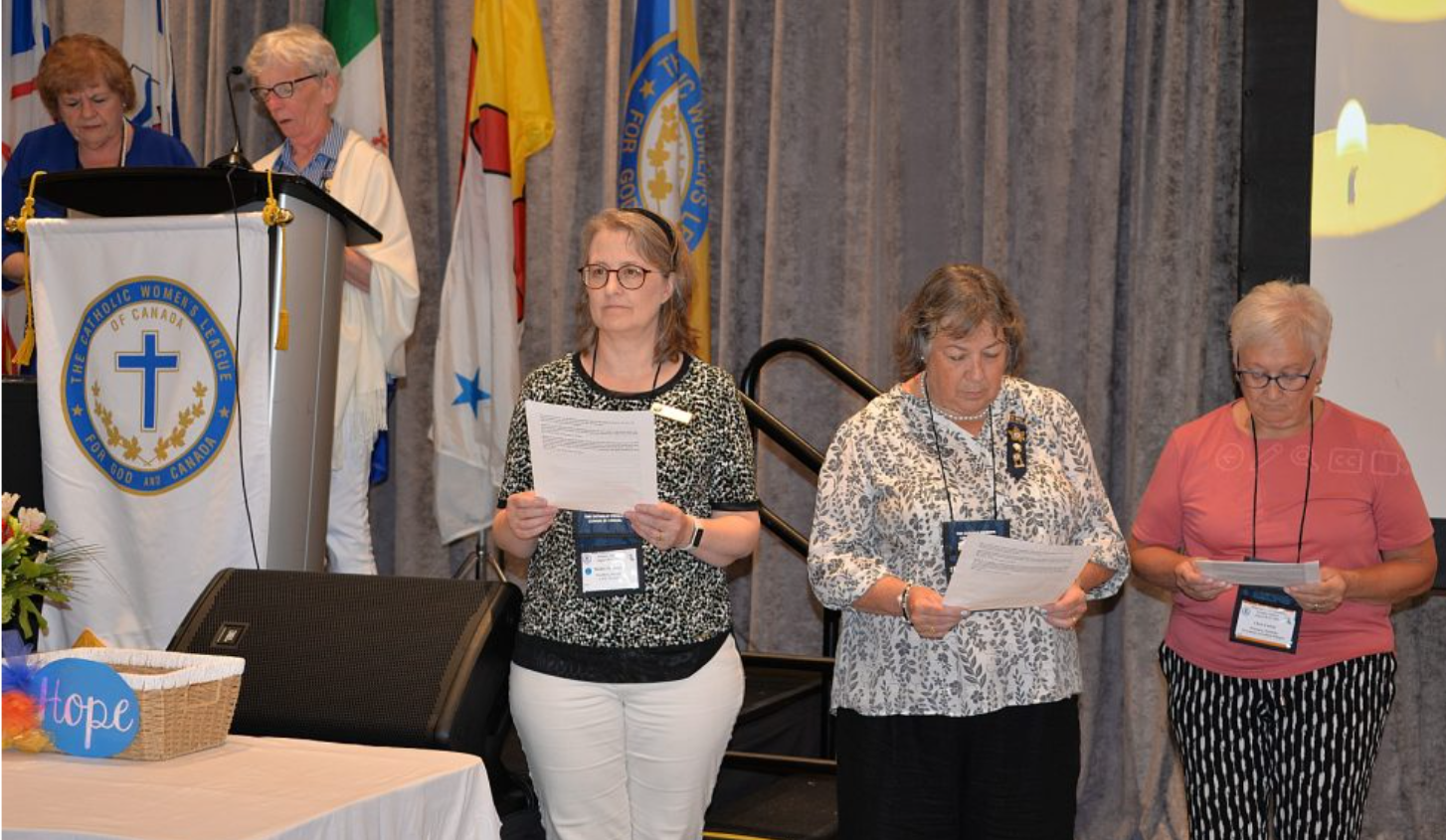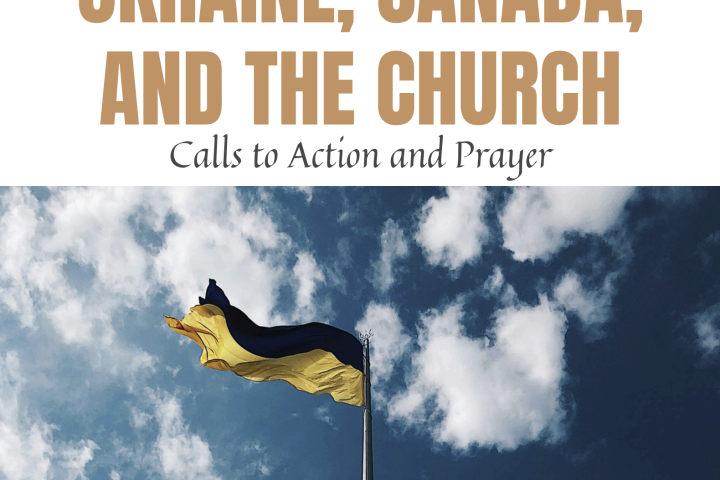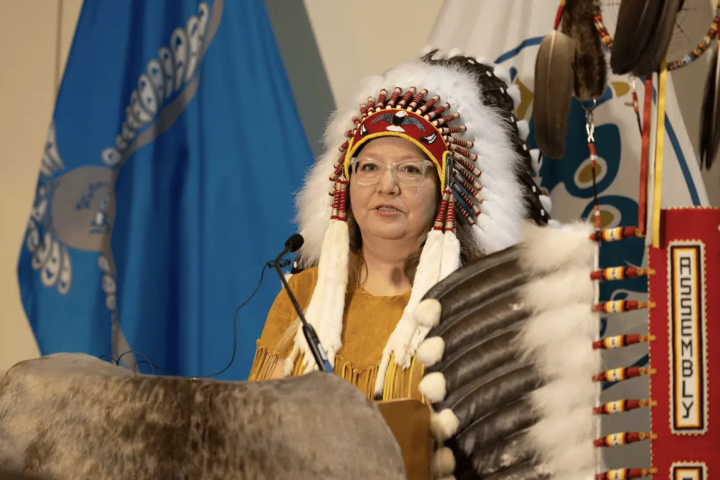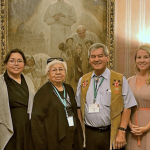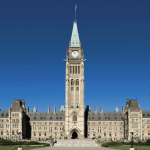TORONTO (CCN) — Catholic Women’s League of Canada members called on the federal government to create its long-promised Office of Palliative Care, saying too many Canadians — especially seniors and dementia patients — still lack access to the universally recognized health right.
The resolution was one of four passed by more than 400 delegates from across Canada attending the CWL’s 105th annual national convention, a four-day gathering that wrapped up Aug. 13.
Participants were eager to share their hopes and enthusiasm for the league’s future, and some of their enthusiasm surrounded the resolutions, which also called on the federal government to support military chaplaincy, recognize the life of the unborn in the criminal code, and centralize the reporting of cybercrime in Canada.
“These are a big part of putting our money where our mouth is,” said Barbara Dowding of Vancouver. “It’s not just wringing our hands but growing spiritually, offering service and also taking it on to the legislature.”
Founded in 1920 and federally incorporated in 1923 under poet and writer Mary Ellen (Bellelle) Guerin, the CWL is built on three pillars: faith, service and social justice.
In interviews, members shared stories of local service, such as supporting women’s shelters for abuse survivors, aiding a hospital in Bethlehem, and providing meals for the homeless in rural parts of Canada.
According to the league’s 2024 annual report, more than 55,000 members in more than 1,000 parish councils collectively contributed more than $2 million to local organizations, over $200,000 nationally, and another $200,000 earmarked for international organizations.
Calgary Bishop William McGrattan, president of the Canadian Conference of Catholic Bishops, served as spiritual adviser for the CWL during his first five years as a bishop and said its members have an “understanding of the impact of certain social and moral situations.”
For Bishop McGrattan, it is no surprise that league members have “an attentiveness to the marginalized.”
CWL membership stood at more than 56,400 at the end of 2024, across more than a thousand councils in 11 provinces. Despite a loss of 1,000 members from the previous year, delegates say challenges, such as aging demographics and volunteer shortages are opportunities for renewal.
At the age of 84, Eleanor Arless of Montreal still has the fervour she experienced when she joined the league at 16. “I’m always excited [to attend],” she said. “I’ve just always loved being here.”
Plans for membership revitalization include mentorship programs for younger women and outreach campaigns offering more flexible volunteer roles.
Those efforts to reach new members are also an opportunity to connect with people who are searching, said Karen Rossiter of Prince Edward Island. “This is our time.”
Florie Mariano of Yellowknife, Northwest Territories, was a first-time convention attendee and said she was grateful that another woman in her local CWL chapter encouraged her to get more involved.
Glenda Klein of Lindsay, Ontario, said the CWL and its parish councils “give us an opportunity to increase our faith, to really develop it.”
She added: “I think I’m a better person because I belong to the league.”
Resolutions
Respect for life in the Criminal Code
The federal government should amend Section 223(1) of the Criminal Code to recognize human life from conception. Delegates pointed to modern scientific evidence and said the change would extend legal protection to preborn children in line with Canada’s commitment to the UN Convention on the Rights of the Child.
Cybercrime reporting
The government should create a centralized system for Canadians to report cybercrime. Inspired by the auditor general’s 2024 report on combating cybercrime, the resolution notes that current reporting channels serve institutions better than individuals. With fraud losses topping $647 million in 2024, CWL members called for stronger victim support, particularly for seniors, and closer coordination among law enforcement, agencies and educators.
Office of Palliative Care
Health Canada should complete the development of the Office of Palliative Care, first promised in its 2018 framework and 2019 action plan. The resolution says too many Canadians — especially seniors and dementia patients — still lack access, with only 58 per cent receiving palliative care in 2021–22. The league emphasized the need for national standards to make palliative care a universal right as recognized by the World Health Organization.
Support for military chaplains
Ottawa should give chaplains in the Canadian Armed Forces more resources, staff and time to serve soldiers and their families. The resolution also urges the government to scrap a 2023 directive that bans chaplains from offering public prayers and to reject proposals that would dilute or redefine chaplaincy. Delegates said chaplains are essential for building spiritual strength and helping troops heal from the moral wounds of war.
More information regarding the resolutions can be found at cwl.ca/resolutions.
This article was written as part of the God in the City journalism program hosted by Canadian Catholic News.


